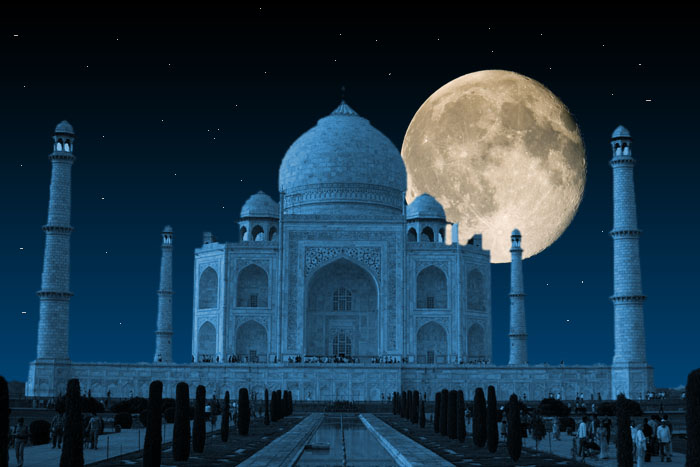The Burgess Shale
When Walcott found the Burgess Shale
in 1909, high above the town of Field,
he could not account for how the
humble trilobyte had swum so high,
probing antennae pushed into the
face of God. Only to appear 500 million
years later, like passengers
beneath the hooves of Walcott’s horse,
baking under summer sun, a mile
above the primordial sea. Nothing
prepared Walcott for tectonic
plates that vaulted like dolphins
from the earth’s molten crust
up to the realm of snowy hawks.
So he told himself that a biblical
flood had swallowed the teeming
earth and left trilobytes washed
upon the lonely mountain scree.
And Walcott died a happy man.
I’m perched like Walcott tonight,
35,000 feet above the Rockies,
bouncing rudely off a nimbus cloud
like a man astride a pack horse.
When the turbulence sends us dancing
you grab my hand fiercely, I whisper
“It’s okay”. But honestly, I haven’t
a clue when we will touch down or
when trilobytes will surface next.
















